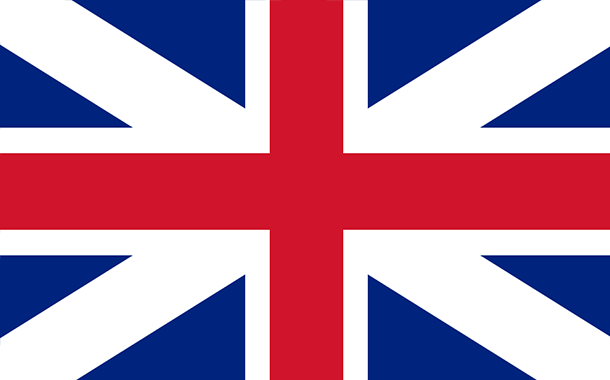<![CDATA[On Thursday 18th September the people of Scotland vote in a referendum that will decide the future of the United Kingdom. The Scottish Independence Referendum ballot paper will ask a simple yes or no question; "Should Scotland be an independent country?" The importance of this question can not be overstated. It is a once in a life time opportunity for the people of Scotland to fundamentally change the identity of their country. If the majority vote 'Yes', the 18th September will surely become a landmark in history. It would have a massive effect on the whole of Great Britain. Scotland would become a totally independent country for the first time in over three hundred years. It would present a host of new challenges. Although a multitude of academics have spoken and written about the potential consequences of Scottish independence, it would undoubtedly be a step into the unknown. On the other side, English people would have a land border with a foreign country for the first time in living memory. The United Kingdom would lose one of its key components, and a key part of its identity. It is no exaggeration to say that Scottish independence would herald the end of an era. The most intriguing thing about this referendum is that as the campaigning and debates start to wind up, polls are still unable to give any indication as to which way the vote will swing - neither side has taken a clear lead. The history of the relationship between England and Scotland is a volatile one. Hadrian's Wall was built in 122 AD, and became one of the earliest symbols of division between the two nations. Although the exact reasons for its construction are still debated, it seems it was intended to deter 'barbarians' from attacking and raiding lands in the Roman south. Later, some of Scotland's most well known historical figures made their name through fighting the English. This was never truer than during the reign of the English King Edward I in the thirteenth and fourteenth centuries. The 'Hammer of the Scots', as he came to be known, came to power during a period of relatively peaceful relations between England and Scotland. Nevertheless, by 1295, through a mixture of political manoeuvring and sheer military might he conquered Scotland and declared himself king. During this period, both William Wallace and Robert the Bruce became heroes for their fights against Edward. In 1314 Bruce scored a pivotal victory against Edward's son at Bannockburn, leading to recognition of Scottish sovereignty fourteen years later. The modern union between England and Scotland started in 1603 with the death of Queen Elizabeth. Elizabeth died without having left a direct heir, leading to a succession crisis. In the end, James IV, King of Scotland and son of Mary Queen of Scots, was announced King of England. England and Scotland now shared a king, who ruled both countries from London. In 1707 this connection was cemented, the Scottish government had gone bankrupt, leading to a union with the English Parliament. The governing of both countries now took place in Westminster. Three centuries of conflict and collaboration followed between England and Scotland in the United Kingdom. The Jacobin Rebellion in 1745 showed that popular support for British rule in Scotland was still a long way away. The rebellion succeeded in briefly taking control of Scotland, but quickly overstretched itself by trying to advance its influence south into England. A catastrophic defeat in the Battle of Culloden effectively ended the rebellion, and led to the brutal suppression of the Highland Clans that had supported it. The Jacobin rebellion was the last armed conflict between England and Scotland, but political and social disputes continued, such as a series of radical uprisings in Glasgow and Falkirk in the 1820's. Despite this, Scots came to play a vital role in the history and culture of the United Kingdom. Political theorists such as Adam Smith and David Hume wrote vital works on economics and politics that would be influential throughout Great Britain, and internationally. More recently, British Prime Ministers Gordon Brown and Tony Blair were both born in Scotland, and members of the royal family have been educated at Scottish Universities. In 1997, Tony Blair's Labour government was elected with the promise of a referendum on devolving elements of the British government's control over Scotland. Voters voted for the devolution, and by 1998 a Scottish Parliament had been established with control over certain areas of policy. This proved to be the first step in what would lead to the call for this year's independence referendum. History suggests that however troubled the relationship between the countries of the United Kingdom is, their paths inevitably remain joined. The imminent referendum promises to be another key moment in the history of England and Scotland, two neighbours with a troubled past, and a potentially complicated future.]]>
Conflict and Collaboration – the History of England and Scotland
